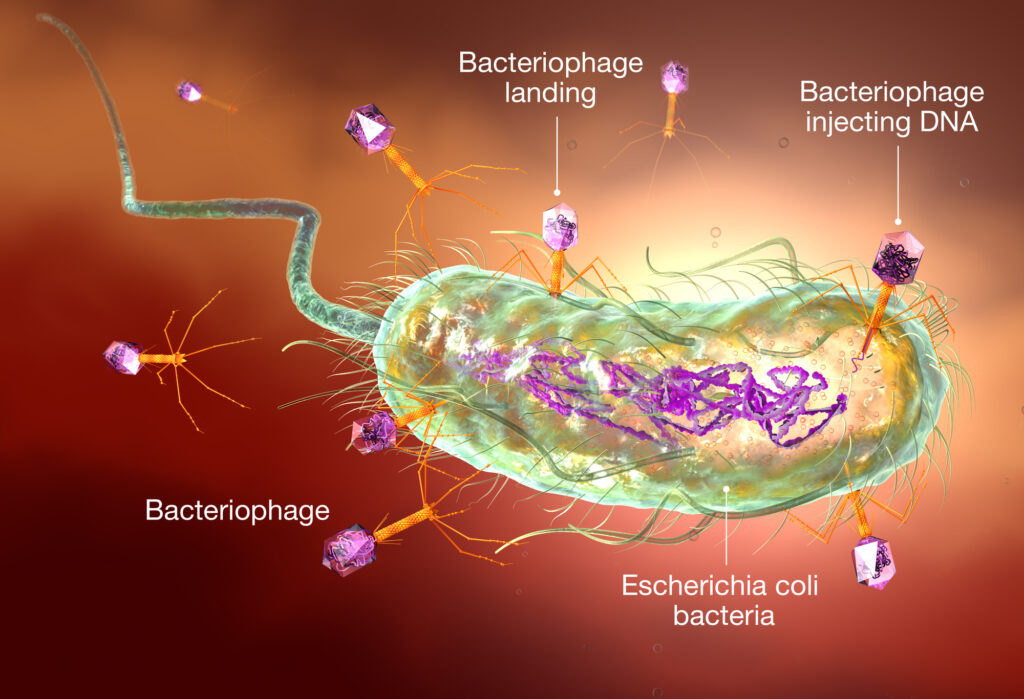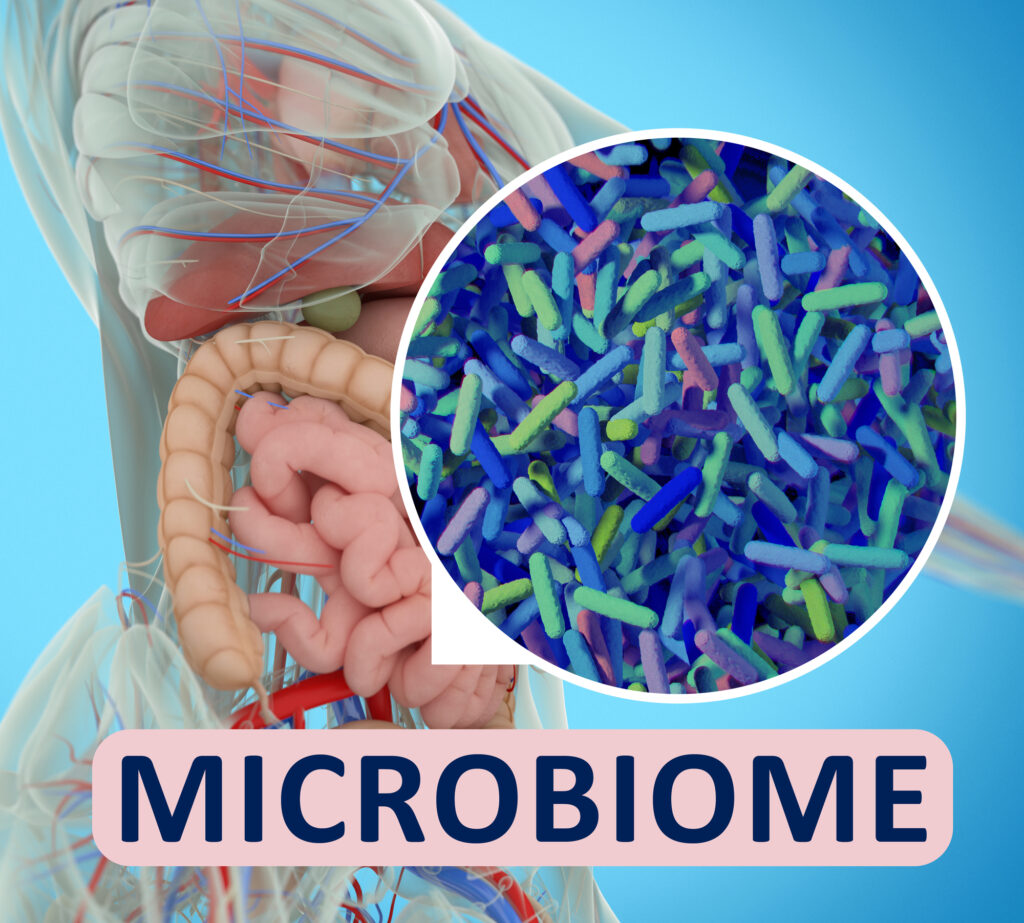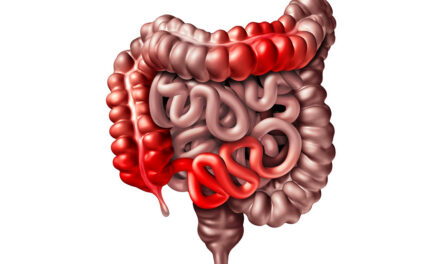
The human body has a complex ecosystem comprised of trillions of microorganisms, collectively known as the microbiome. A part of this system called the gut microbiome, located in the digestive tract, plays a special role in maintaining overall health.
The gut microbiome consists of a diverse community of bacteria, viruses, fungi, and other microorganisms that coexist symbiotically with the human host. This intricate interplay has far-reaching implications for various aspects of health, from digestion and nutrient absorption to immune system function and mental well-being.
Understanding the significance of the gut microbiome is essential for unlocking the keys to optimal health and well-being. In what follows, we will explore the profound impact of the gut microbiome on human health and delve into its intricate relationship with various physiological processes.
Overview of the Gut Microbiome
The gut microbiome is primarily composed of bacteria, and this bacterial community is incredibly diverse. Thousands of bacterial species coexist in the gastrointestinal tract, forming a complex environment.
These bacteria can be broadly categorized into beneficial, neutral, and potentially harmful strains. The balance of these microorganisms is crucial for maintaining a healthy gut environment.
In addition to bacteria, the gut microbiome also includes viruses (known as bacteriophages) and fungi. Bacteriophages actually only exist within bacterial cells. All of these microorganisms contribute to the overall diversity and functionality of the gut ecosystem. Research continually reveals the roles these less-studied components play in gut health and their potential impact on the host.

The development and composition of the gut microbiome are influenced by several key factors, starting from birth and throughout one’s life. These factors include:
- Birth Method: The mode of delivery during childbirth significantly impacts the initial colonization of the infant’s gut. Vaginally delivered infants acquire bacteria resembling their mother’s vaginal microbiota, while those born via Cesarean section have a microbiome more reflective of the skin and hospital environment.
- Diet: Diet is a major determinant of gut microbiome composition. The types and amounts of dietary fiber, carbohydrates, fats, and proteins consumed influence the growth of specific bacterial strains. A well-balanced and diverse diet promotes a healthier and more diverse gut microbiome.
- Age: The gut microbiome undergoes dynamic changes throughout a person’s life. In early childhood, it evolves rapidly, stabilizing into a more adult-like composition by the age of three. Aging is associated with changes in microbial diversity, and maintaining a healthy gut becomes increasingly important in later life.
- Drug Use: Certain medications, particularly antibiotics, can have a profound impact on the gut microbiome by disrupting its balance. Antibiotics, while crucial for treating bacterial infections, can inadvertently affect beneficial bacteria, potentially leading to imbalances that may have long-term consequences for health.
- Environment: Finally, environmental factors, including exposure to pollutants, toxins, and the microbial environment in one’s surroundings, can influence the gut microbiome. Living in urban or rural settings, proximity to green spaces, and other environmental factors may contribute to variations in gut microbial diversity among individuals.
The Gut and Digestive Health
The intricate relationship between the gut microbiome and digestive health is a critical aspect of overall well-being. The gut microbiome plays a pivotal role in the process of digestion and nutrient absorption.
Beneficial bacteria aid in the breakdown of complex carbohydrates, proteins, and fats that may be challenging for the human digestive system to tackle alone. They produce enzymes that facilitate the digestion of dietary fibers, promoting the release of short-chain fatty acids and other byproducts that contribute to nutrient absorption.
Moreover, the gut microbiome is closely linked to gastrointestinal disorders. Imbalances in the microbial community have been associated with conditions such as irritable bowel syndrome (IBS), inflammatory bowel disease (IBD), and celiac disease.
Inflammation and disruptions in the delicate equilibrium of the gut microbiome can exacerbate symptoms of these disorders, highlighting the importance of maintaining a healthy microbial balance for digestive well-being.
Beyond digestive processes, the gut microbiome extends its influence to metabolic health. Research has illuminated the connection between gut bacteria and metabolic functions, including the regulation of energy metabolism and the storage of fat.
An imbalance in the gut microbiome, often referred to as dysbiosis, has been implicated in metabolic disorders such as obesity and type 2 diabetes.
Understanding and harnessing the potential of the gut microbiome in promoting digestive efficiency and metabolic balance opens new avenues for addressing and preventing a spectrum of health issues.

Final Thoughts
The gut microbiome is a microcosm of human health, exerting a profound influence on various physiological processes. From its particular role in digestion and nutrient absorption to its impact on gastrointestinal disorders and metabolic health, the gut microbiome is an essential player in maintaining overall well-being.
Recognizing the factors that shape the gut microbiome throughout life, from birth methods to diet and environmental influences, empowers individuals to make informed choices that positively impact their microbial communities. As scientific understanding advances, interventions aimed at modulating the gut microbiome hold promising therapeutic potential for a spectrum of health conditions.




Купить Haval – только у нас вы найдете цены ниже рынка. Быстрей всего сделать заказ на купить хавейл можно только у нас!
[url=https://havalmsk1.ru]дилер haval[/url]
купить хавал 2025 года – [url=https://www.havalmsk1.ru/]http://havalmsk1.ru/[/url]